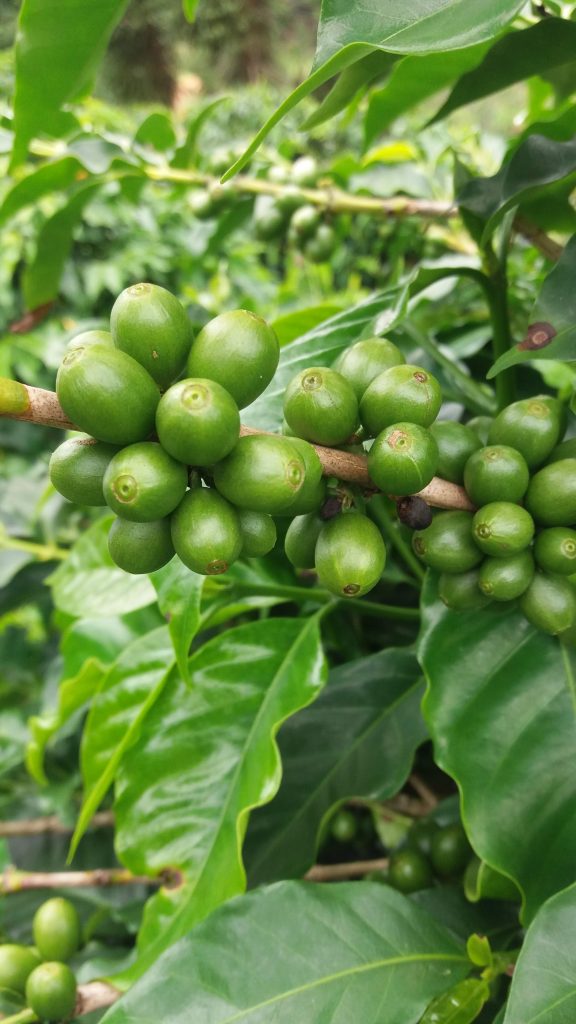São Paulo – The 2019/2020 crop-year, which lasted from July 2019 to June 2020, saw shipped volume to Arab countries slide 17% to 1.68 million 60-kg bags of coffee, the Brazilian Coffee Exporters Council (Cecafé) reported this Monday (13). Sales to Arab countries fetched USD 188 million, down from USD 247 million in the preceding crop-year.
Questioned by ANBA whether the weaker result is related to the coronavirus pandemic, Cecafé said that although industry is challenged by novel guidelines, overall exports did not slow down. “Even though coffee exports from Brazil were down year-on-year, coffee exports from Brazil as a whole remain at their usual pace, offering a very high-quality product with efficiency and sustainability,” a Cecafé press release read.
Overall, 40 million bags of green, soluble, and roast and ground coffee got shipped from Brazil, the second highest amount on record. Robusta exports climbed 22.7% from 2018/2019.
Total exports fetched USD 5.1 billion, with price per bag averaging USD 128.04. Arabica coffee accounted for 78.8% of total exports, with Robusta (aka Conilon) making up 11,1% and soluble coffee at 10%.
In June, 2.8 million bags got shipped abroad, grossing USD 327.5 million. During H1 2020, exports amounted to 19.6 million bags, the second highest result ever for the period, and grossing USD 2.6 billion.
Specialty coffee
Exports of higher-quality specialty coffee amounted to 6.8 million bags during this crop-year, at 17% of total exports. Cecafé expects sales to keep going up. “Product quality has greatly improved over the last 20 years in Brazil, making it more possible for us to meet the demand and preferences of the countries that consume our coffee, including the Arab countries,” it said.
Although Arab nations do not rank high as importers of Brazilian specialty coffee, the industry organization expects this to be the case in the future. “We produce a type of coffee that is really appreciated by Arab consumers, and we envision performing at a steady rate with our partner countries, offering quality coffee with sustainability and catering very well to the demand from the Arab market,” Cecafé told ANBA via email.
Translated by Gabriel Pomerancblum




